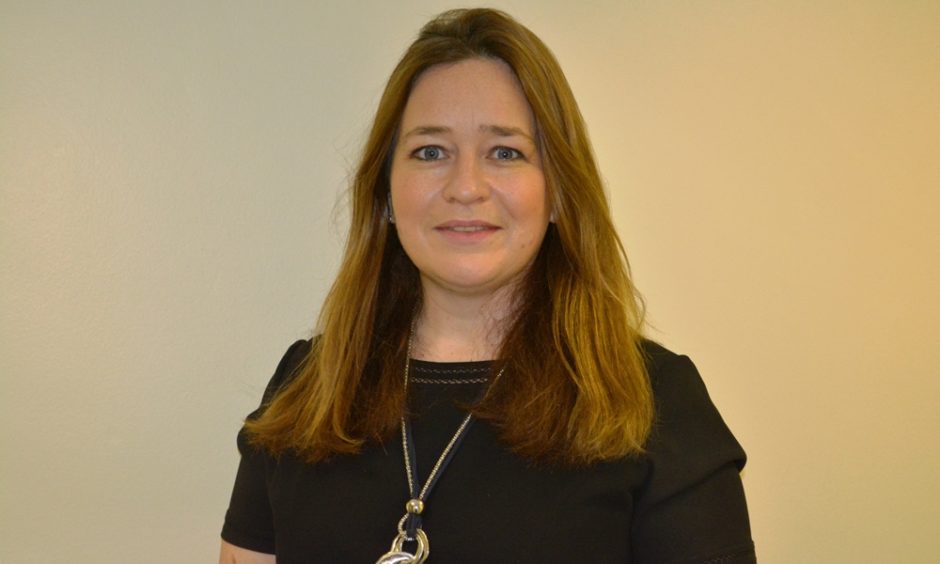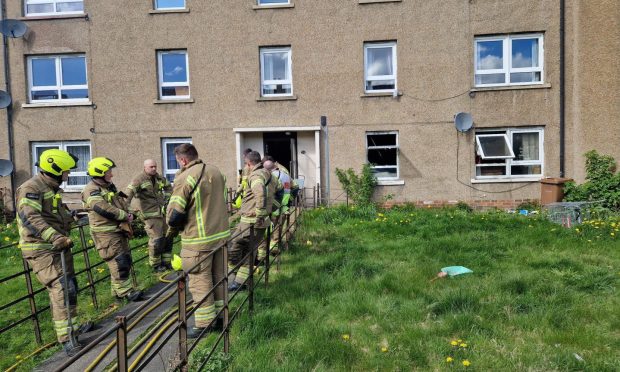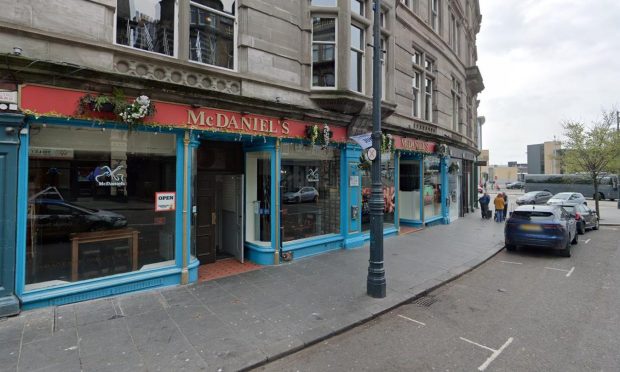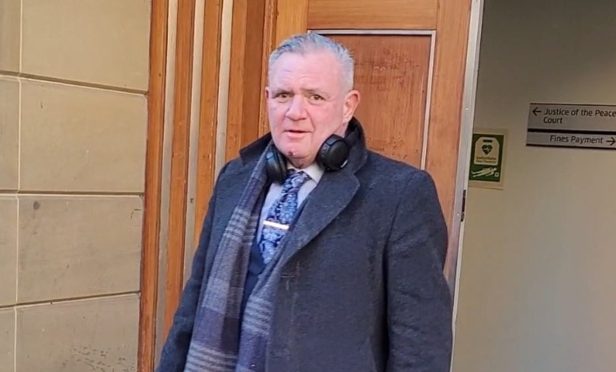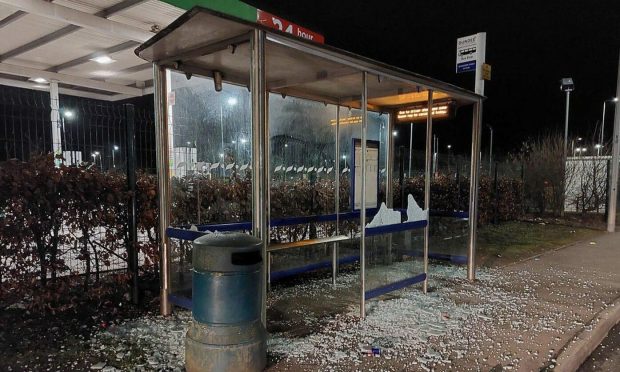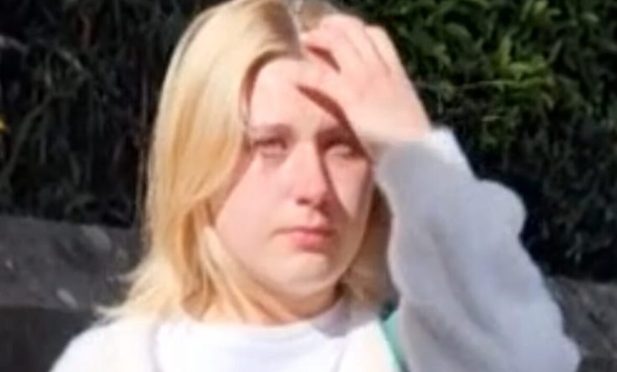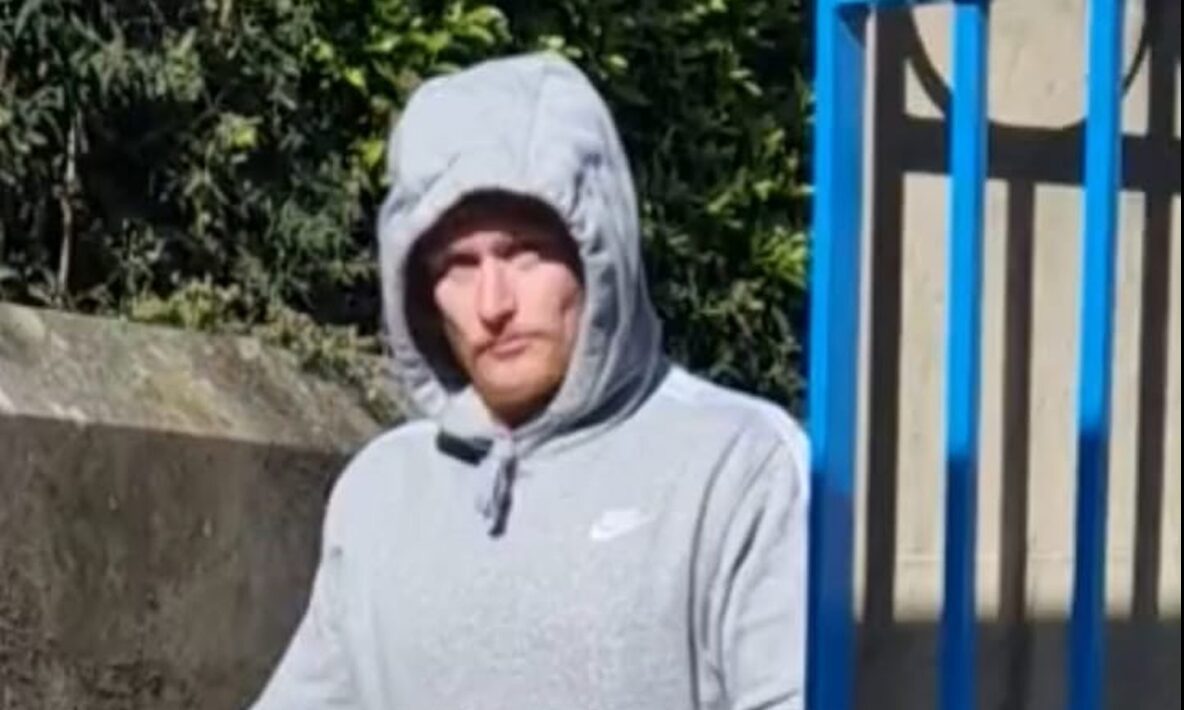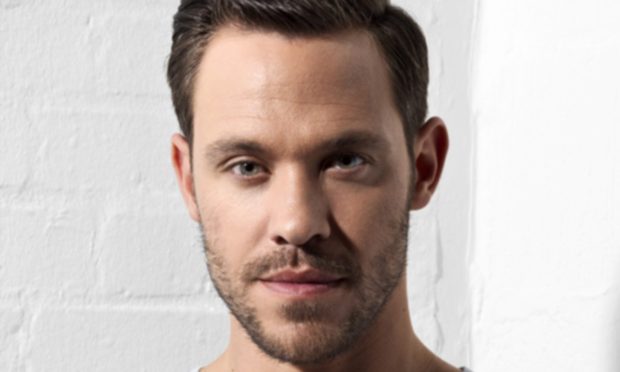Quality of life for some of Dundee’s most elderly and vulnerable residents has plunged during the Covid-19 pandemic, according to a new report.
Older people with no history of mental health issues have reported problems during the pandemic, falls have increased and some have struggled to see their GP and access other health services.
Food insecurity problems in the city have worsened. Bills linked to the pandemic – such as increased heating costs among home workers – are pushing low-income families deeper into poverty.
‘A clear warning’
Vicky Irons, chief officer of Dundee’s Health and Social Care Partnership – which oversees health and social care services – said the report was a “clear warning.”
“These aren’t even early warning signs any more. We are already starting to see a significant increase in people seeking support for mental health and social care,” she added.
Community health inequalities manager Shiela Allan’s paper drew on three studies. Researchers had consulted more than 1,500 Dundonians during their work.
90% reporting mental health impacts
Mrs Allan revealed nine out ten people surveyed said the pandemic had affected their own mental health or that of someone they know.
Of 867 responses on mental health, 63.9% reported experiencing fear, anxiety or stress, 56.4% low mood and depression and 36.3% social isolation and loneliness.
Participants spoke of difficulties in accessing healthcare, highlighting cancelled appointments including heart tests, cancer treatments, pulmonary rehab, speech therapy, podiatry, audiology, physiotherapy, dental services, optometry and eye screening.
Access to GPs and medication had been difficult for some, the report said.
Mrs Allan said there was still a “digital divide” in the city when accessing services and support.
She said some still found “found digital technology really challenging”.
“Quite a lot of health services, as I understand it, moved onto telephone conversations or consultations, called Near Me. This was a video platform.
“That has not worked for some of the most vulnerable people that we support within communities. But it’s worked really well for other people.”
More falls
Integration Joint Board chair Trudy McLeay said lockdown had worsened frailty among elderly people in the city.
She said: “We need to think about this is going to affect our services. One of things that I do know is that the lack of opportunity to get out to the clubs and the shops and things like that is causing increasing frailty in people.
“That is just one example. We’re having increasing falls, but probably because people aren’t getting that walk to Tescos or whatever.
“Also on mental ill health. People are experiencing mental ill health that have never experienced this before,” she added.
Labour councillor Helen Wright said she had been speaking to elderly sheltered housing residents in Dundee during the pandemic on the phone.
She said: “They understood why they needed to shield, but they were getting really fed up. They were starting to feel quite low. And obviously the depression comes into it too.”
Near Me sessions positive for most
A spokesperson for Dundee Health and Social Care Partnership said feedback from the majority of patients who have used remote appointments has been extremely positive.
“However, from information collected by social prescribing link workers in GP practices we understand that some people may have difficulty with virtual appointments for a variety of reasons.
“It may that they may feel uncomfortable or anxious taking part in video consultations. Or perhaps they do not have access to the technology to allow remote consultations to take place. In addition, some patients may not have a suitable private space available at home.
“With this in mind, we will always offer patients alternatives such as telephone consultations and face-to-face appointments when clinically appropriate, ensuring they continue to have access to the health services they require.”

